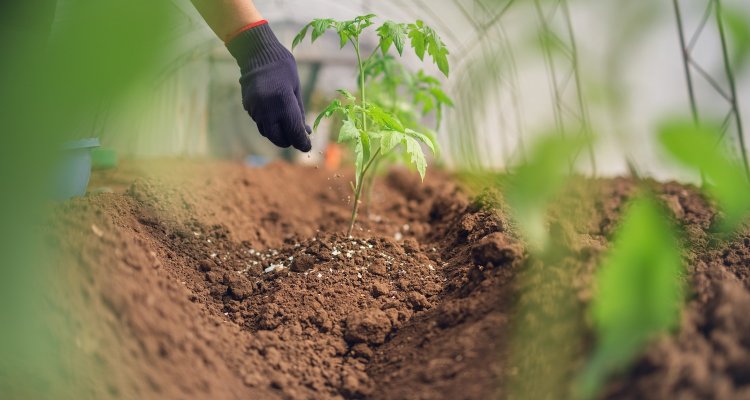
Non-Accumulating Renewable Plastics
One of the main problems of plastics is their accumulation in nature, due to littering, inappropriate waste disposal or wear and tear of plastic products. In plastic applications where leakage into the environment cannot be prevented, for example in agriculture or in the case of microplastics released from car tyres and textiles, non-accumulating or biodegradable plastics can reduce this issue.
Wageningen Food & Biobased Research has extensive knowledge on the opportunities and use of different types of biodegradable plastics and partners with industrial parties to test and develop new materials and products that keep the natural environment clean.
Growing interest in biodegradable plastics
The use of plastics has many and great advantages, such as production efficiency, lower energy costs and (food) product preservation. However, plastic pollution has become a global concern, with negative effects on our environment, health and economies. Various regulations aim to reduce plastic pollution. Think of the EU Single use plastics directive, EU Fertilizing products regulation and the upcoming ban on intentionally added microplastics. However, the overall use of plastic products is still growing. With all its negative consequences.
Plastic accumulation can be reduced or even prevented by developing biodegradable products that combine optimal performance during use as well as at end-of-life.
New products and applications
Wageningen Food & Biobased Research has extensive knowledge on the properties and use of biodegradable plastics in new applications. Technical and practical insights of biodegradable plastics are combined with knowledge regarding legislation and biodegradation testing and behaviour.
Wageningen Food & Biobased Research has an outstanding track record that ranges from the design and synthesis of new polymers via chemical and biotechnological routes, to biodegradable plastic processing and testing at a product level. This unique combination of knowledge and extensive facilities is used by Wageningen Food & Biobased Research to develop products with “programmed” biodegradation characteristics that allow for material and product development with optimal performance during use and end-of-life.
Innovation projects
Together with industrial partners, Wageningen Food & Biobased Research has developed biodegradable turf netting specifically for professional soccer fields (the TKI bionetting project). In the Circular Use of Plastics in Agriculture and Horticulture project this technology is developed towards new applications with different biodegradation requirements.
Within the EU MINAGRIS project (Micro- and Nano-Plastics in AGRIcultural Soils) Wageningen Food & Biobased Research and Wageningen Environmental research cooperate in developing better understanding of the potentially harmful impacts of plastic debris originating from agricultural practices.
Within the EU UrBioFin project WFBR developed new products based on PHAs produced from municipal waste.
Get in touch
Plastics are here to stay, but we believe we can drastically reduce their negative effects on the environment. We’d love to connect to see how we can help you make the most out of your use of plastics and while getting prepared for new plastic regulations and lead the way to a sustainable future. Let’s get connected! Consult with one of our experts.